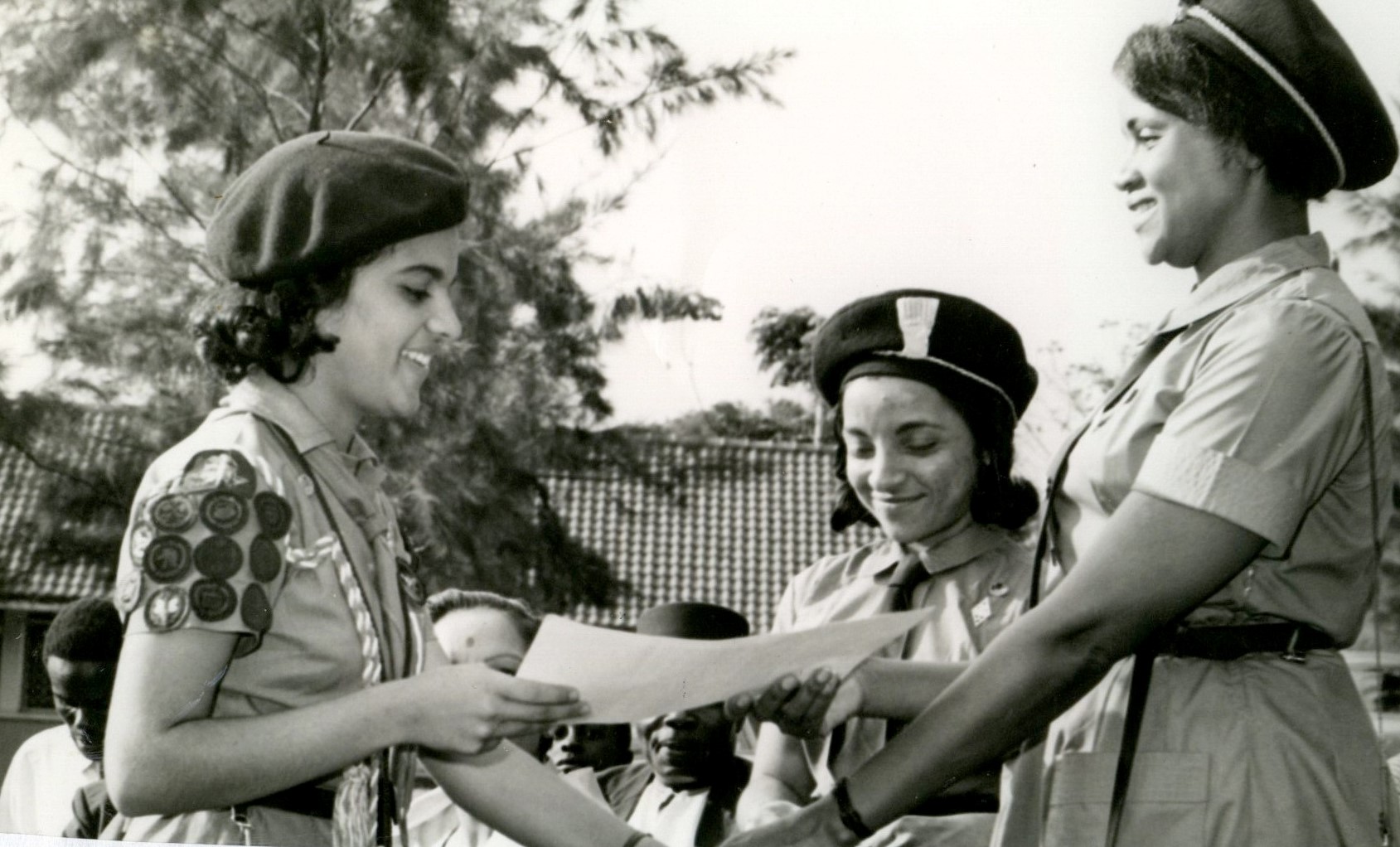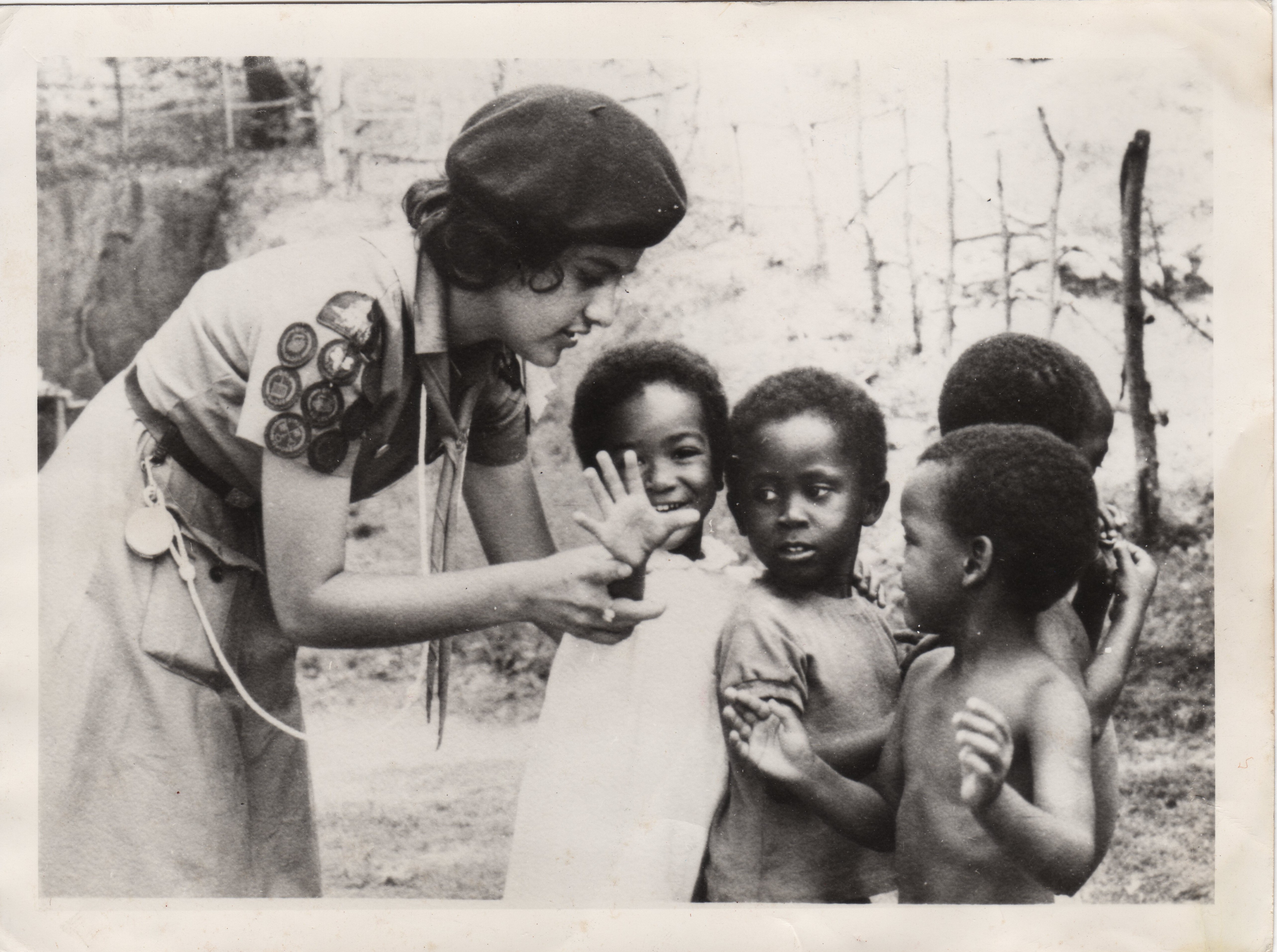A (girl) guide to private bills


She’s led girls through the wilderness on two continents; now Senator Mobina Jaffer has guided a bill through the Senate on behalf of an organization close to her heart.
“Girls Guides of Canada has had a tremendous impact on the woman I am today,” Senator Jaffer explained. “There’s no doubt that girls need an organization like it now more than ever.”
Senator Jaffer has helped the Girl Guides chart its future through Bill S-1001, the Girl Guides of Canada Act, which replaces the charity’s century-old founding documents to reflect its modern role.
But why did the Girl Guides need the Senate to pass legislation about it? Why did Parliament need to intervene so directly in the affairs of a private organization?
Read on to learn more about the legislative phenomenon known as a private bill, and how a century of history led Bill S-1001 to be introduced in the Senate.
Generations of guiding
The path towards the bill started in Kenya in the 1930s.
“Guiding is in my DNA,” Senator Jaffer said.
Her mother grew up as a girl guide and worked with Lady Olave Baden-Powell in Kenya, who was married to Robert Baden-Powell, the founder of the Boy Scouts and Girl Guides. Guiding was one of the only activities available for girls at the time and held the allure of adventure.
“I truly believe her leadership skills came from that,” Senator Jaffer said. “We were raised in a place with very few resources. Guiding was our way to get involved.”

Senator Jaffer’s mother became a guide leader in Uganda to give young women in that country a chance to excel — her own daughters included. Senator Jaffer took to it immediately, becoming the second Queen’s Guide in East Africa.
She continued guiding after relocating to Canada; she credits becoming a guide leader with helping her integrate into a new country.
“Many younger women have said to me that if it were not for the encouragement of Girl Guides, they would never have been able to integrate into Canadian society as well as they have,” explained Senator Jaffer, who became a Girl Guide commissioner in British Columbia.
Today, more than 75,000 young women are involved in the Girl Guides of Canada. But its creation in Canada was formalized more than 100 years ago through a special act of Parliament in 1917.
It leaves Girl Guides of Canada in the relatively rare situation of requiring a particular type of bill — called a private bill — to make organizational changes.
What is a private bill?
Private bills deal with powers, benefits or exemptions from the general law for specific people or groups. Common examples are incorporating a private company or amending existing acts of incorporation. Once upon a time and depending on where you lived, divorces could only be granted through a private bill!
Many organizations in Canada, from churches to charities, were created by acts of Parliament, which means significant changes to these organizations require Parliament to pass new legislation. During the 42nd Parliament, for instance, senators and MPs passed Bill S-1003, An Act to Amend The United Church of Canada Act.

In this case, Bill S-1001 allows the Girl Guides of Canada to, among other things, update its organizational structure and formalize its power to sell goods (like those famous cookies) so it can continue to support girls and young women.
Before a private bill can be introduced, a private citizen or group must find a senator and an MP to sponsor the cause in Parliament’s two chambers. Private bills have almost always been introduced in the Senate first, ever since a 1934 decision made it cheaper to petition for a private bill in the Senate than in the House. A petitioner must pay $200 to initiate a private bill in the Senate versus $500 in the House, in addition to other administrative costs.
Private bills are not to be confused with private members’ bills, which are non-government bills introduced by members of Parliament in the House of Commons. (And if that’s not confounding enough, the Senate equivalent of a private member’s bill is called a public bill. Understanding how Parliament numbers its legislation can help make this easier to follow.)
Helping girls lead
Senator Jaffer said she hopes the bill will enable the Girl Guides to help more young women blaze leadership trails.
“It taught me never to be nervous about trying something different,” she said. “Guiding gave me the courage to be alone in my opinion and not always go with the flock.”
Senator Jaffer is the first South Asian woman to practise law in Canada and the first Muslim senator, the first African-born senator and the first senator of South Asian descent.
“There are no limits to what girls can achieve when they have a chance to discover themselves and explore the infinite possibilities available to them, no matter what path they choose,” she said.
The Senate passed Bill S-1001 on November 17, 2020. It was passed in the House of Commons on January 27, 2021 and received Royal Assent on March 17, 2021.



